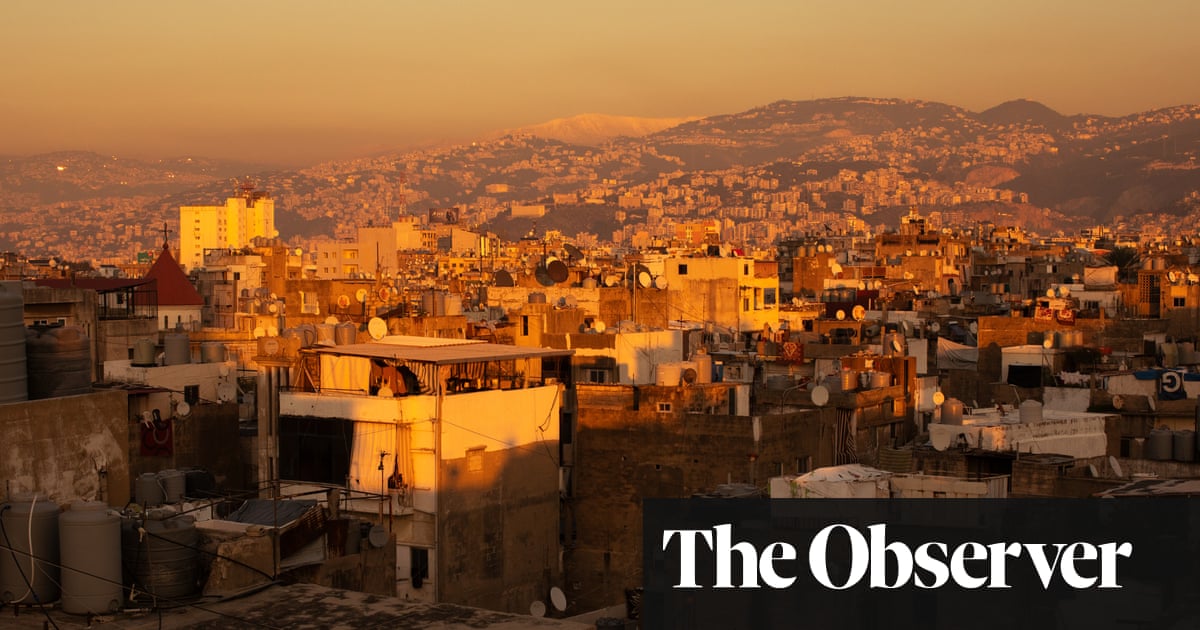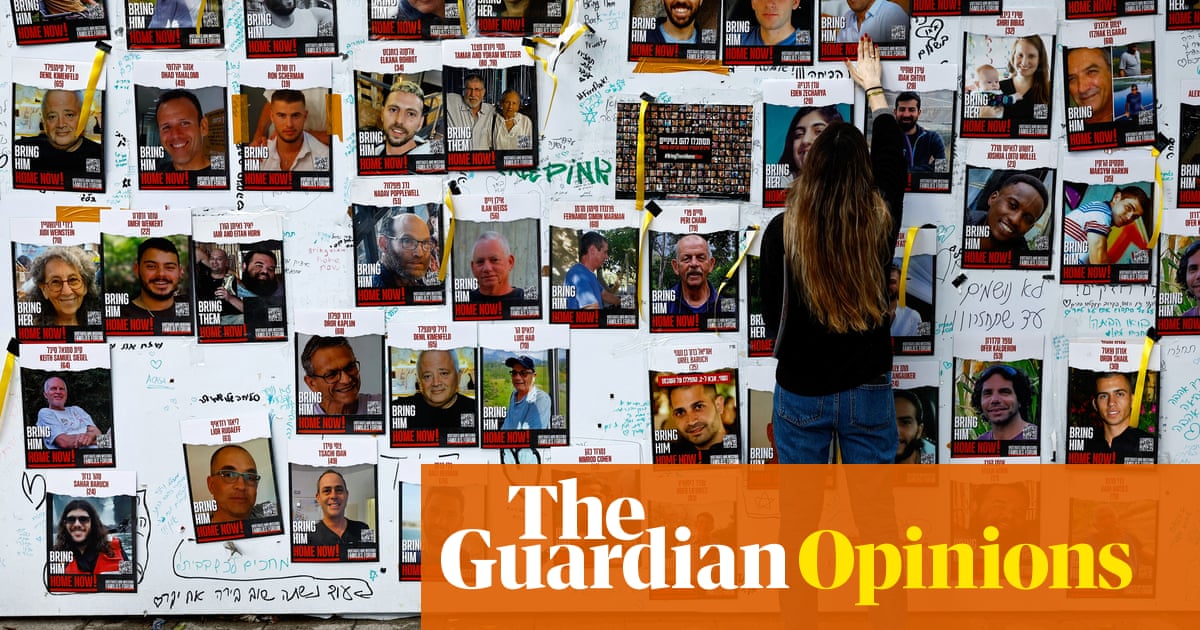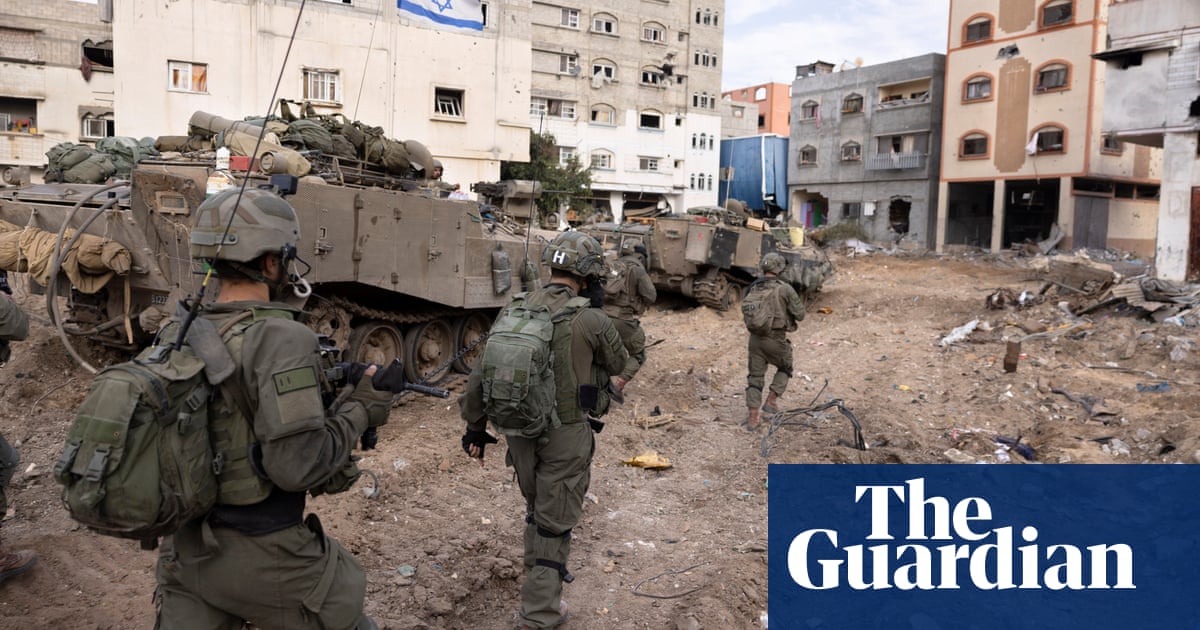
NUSEIRAT: A day after Israeli special forces rescued four hostages from Gaza, Palestinians recounted their panic during the intense gunbattles and explosions that rocked the area and reduced buildings to rubble.
While Israelis have rejoiced at the safe return of the four captives, officials in Hamas-run Gaza decried a “massacre” in which they said 274 people were killed and 698 wounded in the crowded Nuseirat refugee camp.
Soon after the raid started around 11 a.m. (0800 GMT) in Nuseirat’s busy market area, bombs were raining down and turning the neighborhood into “smoke and flames,” said Muhannad Thabet, a 35-year-old resident.
“People were screaming — young and old, women and men,” he said by phone.
“Everyone wanted to flee the place, but the bombing was intense and anyone who moved was at risk of being killed due to the heavy bombardment and gunfire.
“Houses were destroyed with their occupants inside. There were also large numbers of displaced people and shops, stalls and cars were on fire due to the bombing.”
Israel had sent in a special forces team of troops, police and Shin Bet operatives who simultaneously raided two buildings to extract the hostages — Noa Argamani, 26, Almog Meir Jan, 22, Andrey Kozlov, 27, and Shlomi Ziv, 41.
They met little resistance in one, but heavy gunfire in the other and withdrew under attack with guns and rocket-propelled grenades to take the hostages to nearby helicopters, said military spokesman Rear Admiral Daniel Hagari.
Another military spokesman, Peter Lerner, told US network ABC that “the forces came under fire from a 360-degree threat — RPGs, AK-47s, explosive devices, mortar rounds. It was ... a war zone.”
Eyewitnesses said the Israeli raid and retreat were covered by heavy airstrikes as well as drone and tank fire.
Several said they had seen bodies in the streets.
As the fighting raged, the injured were taken to one of Gaza’s hospitals, medics said.
“The hospital was filled with martyrs and injured, and it was impossible to accommodate such a large number within minutes,” said doctor Marwan Abu Nasser, an official at the Al-Awda health facility near the camp.
“Of course, the hospital was under fire, and no one could move during the operation.”
Watching from his roof, another local man, Mohammed Moussa, said he was terrified when he caught a glimpse of an Israeli tank on the street below with artillery fire crashing down.
“I should be dead,” marveled the 29-year-old after the battle was over, leaving much of the area covered in debris and heavy dust that coated the streets in grey.












